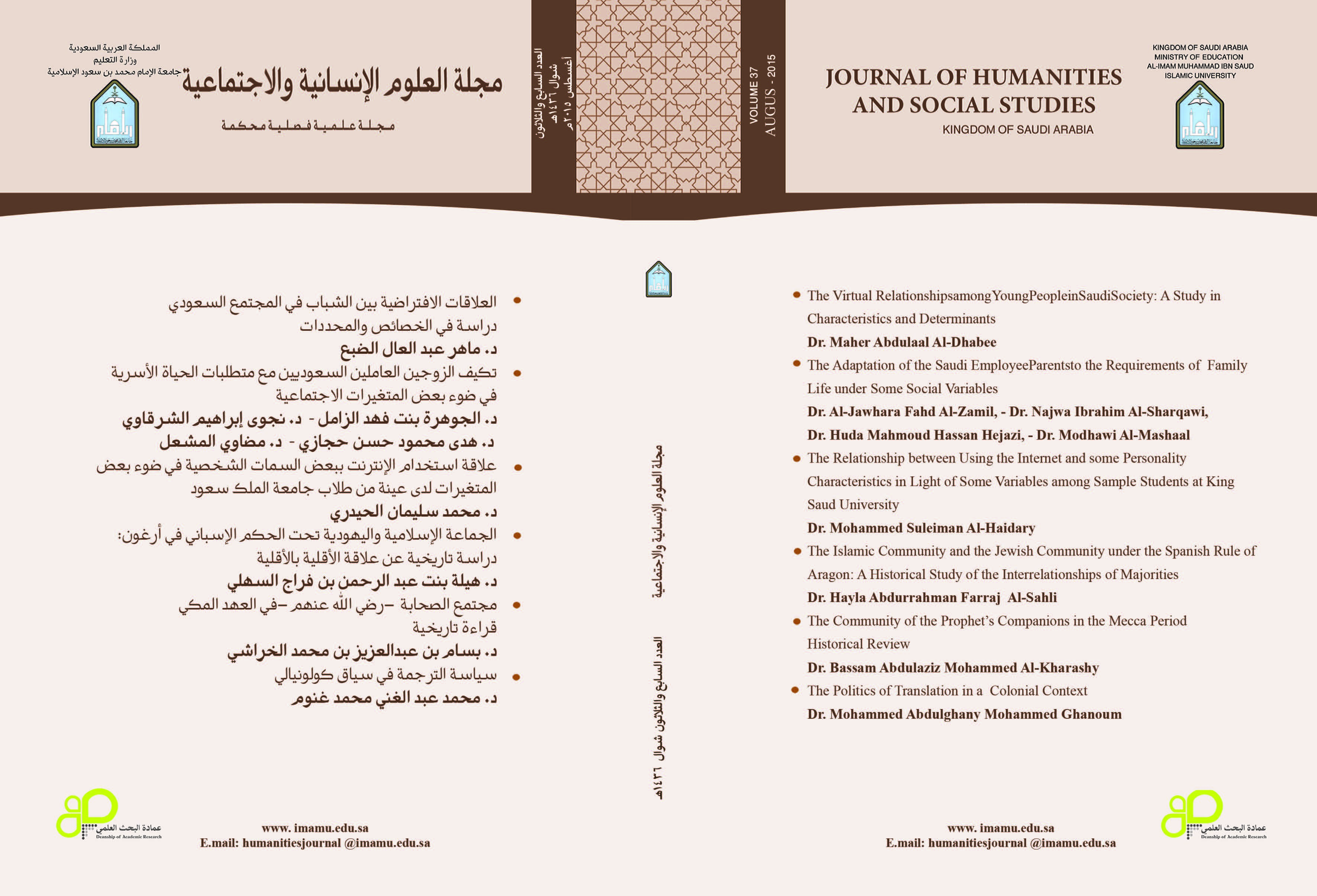The Politics of Translation in a Colonial Context
Abstract
Translating and interpreting do not always take place in ideal civil circumstances. In Translations, Brian Friel stages the crisis of translating and interpreting in an Irish colonial context. Critics of the play often focus on political, historical, and linguistic issues and hardly touch on the dilemma the translator finds himself in. My paper will focus on the role that both the translator and translation play between two conflicting cultures. It will demonstrate through a brief historical review how translation and interpretation facilitated conquests and how translators were used and abused by colonial powers. This historical overview will be connected to what Friel does in his play and how he dramatizes the role of translation in an Irish local area. It will become clear in the paper how an initial innocent translation job can turn into a collaborative work with the enemies of one's country and can have dangerous consequences on both the translator and the community as well. The translator will gain his epiphany when he sees that the detachment of British engineers charged with making a map of Ireland and anglicizing Gaelic place names is in fact a colonial unit that does not hesitate to use unlimited military force against the innocent natives when one of British engineers is missing. Upon being disrespectfully ordered by the British officer to translate what he says to the natives, and seeing the destruction to Irish land and crops the translator stops his collaboration with the British and secretly decides to join his town's people in resisting the enemy.




